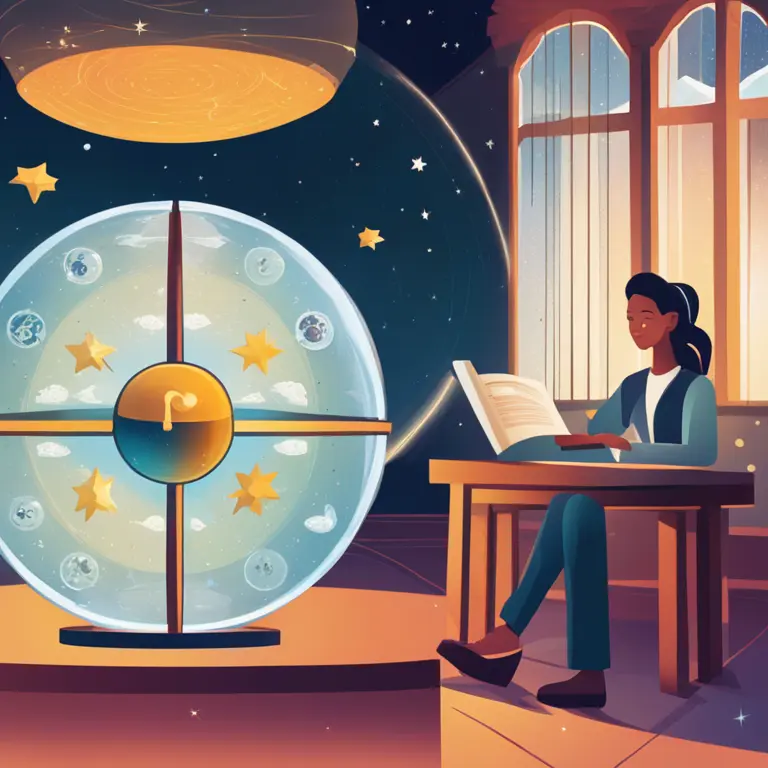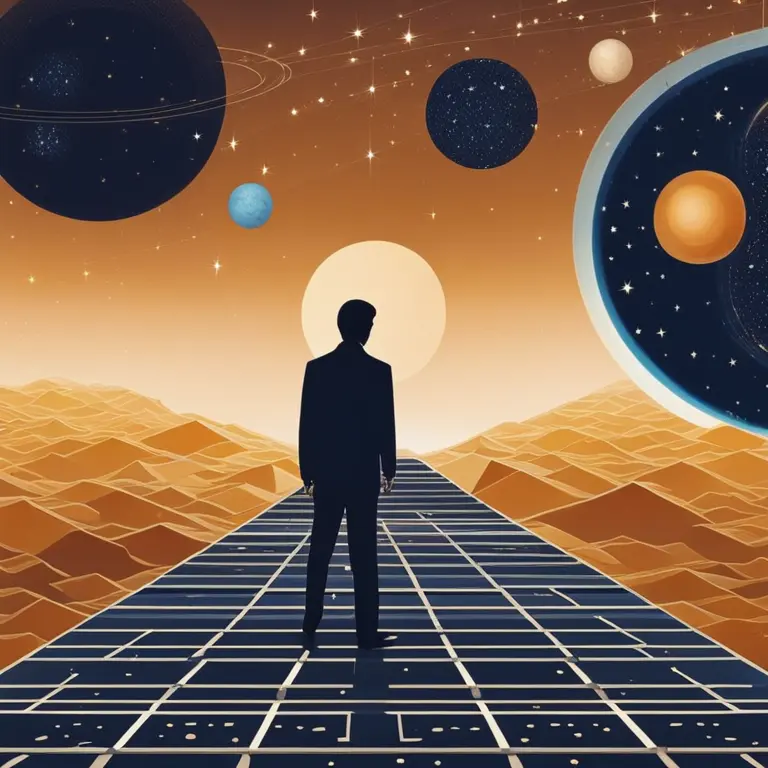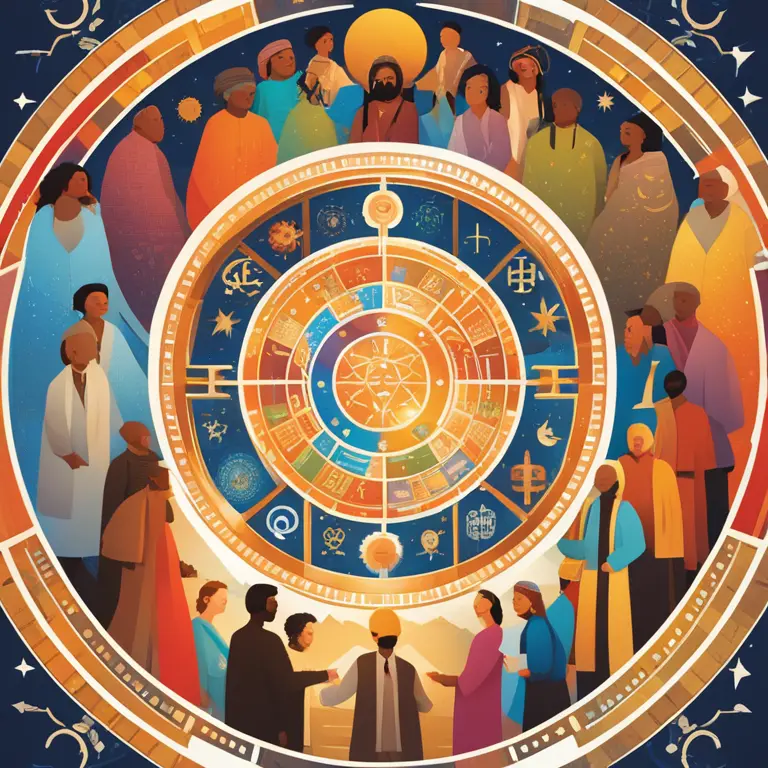
The Accuracy of Astrology Predictions: Fact or Fancy?
Delve into the world of astrology to discover if the stars can truly chart our destinies or if predictions are mere coincidences.
article by Priya Deshmukh
The Foundation of Astrology
Astrology is an ancient practice that asserts the positions and movements of celestial bodies can have a profound influence on human affairs. Despite its antiquity, it still captivates many with the promise of insights into personality, relationships, and life events. The tenets of astrology are rooted in the belief that there is a connection between the heavens and Earth, inspiring countless individuals to consult their horoscopes for guidance. But as we hurtle into the future, equipped with a growing body of scientific understanding, the crucial question arises: Do astrological predictions hold water in the age of reason?

Scientific Scrutiny
The scientific community generally regards astrology as a pseudoscience due to its lack of empirical evidence and the failure to adhere to scientific methodologies. Studies have attempted to validate astrology using double-blind tests, but the results typically suggest that astrological predictions are not more accurate than random chance. Furthermore, psychological factors like the Forer effect, which explains why individuals believe vague, general statements to be highly accurate for them personally, call into question the precision of astrological readings.

Personal Testimonies Versus Probability
On the flip side, countless individuals swear by the accuracy of their astrological forecasts, often sharing personal anecdotes of predictions that came true. While such stories are compelling, critics argue that confirmation bias plays a significant role, where people tend to remember the 'hits' and disregard the 'misses.' The human tendency to find meaningful patterns in random information may also contribute to the perception that astrology is accurate.

Cultural and Psychological Impact
Regardless of scientific skepticism, astrology's cultural significance is undeniable. Many find comfort and empowerment in the rituals and community that astrology provides, with its resurgence in popular culture reflective of a society eager for connection. The sheer ubiquity of astrology in media reflects its staying power, and it's clear that astrology satisfies a psychological itch for those seeking to understand themselves and the chaos of life.

Future of Astrological Practice
As we advance technologically, astrology too finds new modes of expression, particularly through digital platforms. Algorithms and artificial intelligence are increasingly employed to generate more personalized readings. Yet the core question remains whether the increased personalization grants greater accuracy or if it merely enhances the illusion of specificity, a factor which can intensify the belief in astrology's validity.
Conclusion: A Balance
In sum, whether astrology predictions are accurate is subject to personal belief and interpretation. As for tangible evidence, scientific validation remains elusive. As we move forward, astrology is likely to persist as both a cultural phenomenon and a subject of contention. Its accuracy might not be supported by empirical evidence, but its symbolic and psychological resonance cannot be easily dismissed. The key may be to strike a balance—savoring the insights astrology offers without relying on it to the exclusion of practical, evidence-based decision-making.
Published: 1/12/2024
Modified: 1/12/2024
More predictions
Come back here soon to learn more about yourself and your future


The Historical Journey of Zodiac Signs
Embark on a historical journey to discover the inception of the zodiac signs and their influence on astrology today.


Astrology: The Depths of Water Signs
Dive into the depths of the Water Element in Astrology and discover the intuitive and emotional nature of Cancer, Scorpio, and Pisces.


The Essence of Zodiac Water Signs
Delve into the depths of the Zodiac's Water signs: Cancer, Scorpio, and Pisces, and their profound influence on personality, emotions, and relationships.